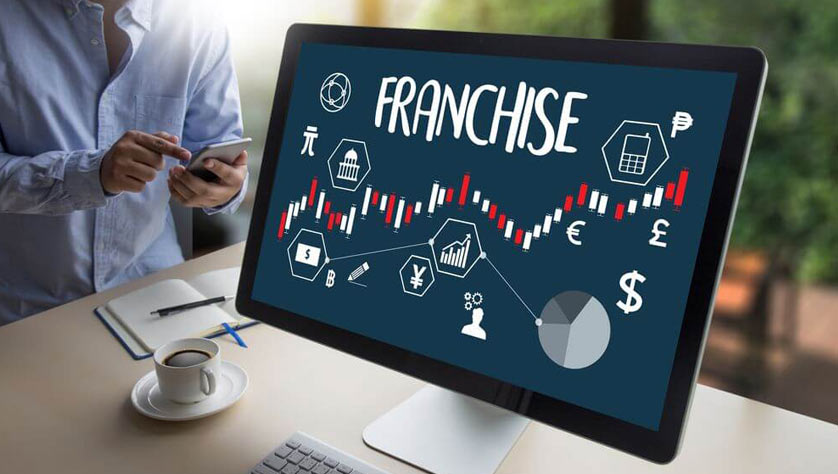- Insights
- /
- When Agency Problems Arise
- December 2021
WHEN AGENCY PROBLEMS ARISE

A successful franchisorfranchisee relationship is the result of a clear understanding of dynamics between the franchisor & the franchisee and the agency problems that may arise. Often brands and franchise owners have an understanding gap in this matter. How to simplify the relationship?
UNDERSTANDING BASIC DYNAMICS
The dynamics of a franchisorfranchisee relationship is dependent on two major factors – ownership and risk-sharing. Both these factors are mutually inclusive. They co-exist. Whether the business is ‘company ownedcompany operated’, ‘franchisee owned-company operated’, ‘company owned-franchisee operated’ or ‘franchisee owned-franchisee operated’, the formula remains the same. When ownership separates from operational control, agency problems arise. The core idea of franchising is mutually beneficial for the franchisor and the franchisee.
The franchisor makes money from corporately owned locations as well as from royalties without all of the costs and hassles associated with the everyday business of the units. The franchisee, on the other hand, benefits from the trademarks and business operations of an established company. The complications in such a relationship arise from issues arising from potential risks and costs. In such a case, the agency theory attempts to establish clear relationships between entities to ensure transparency.
MORE AGENCY THEORYPROBLEMS
The theory also establishes two other agency problems – adverse selection and moral hazard Adverse selection refers to the condition where the principal (franchisor) can’t determine if the agent (franchisee) will be able to carry out the assigned work. Moral hazard addresses the doubt that the corporation incurs when considering if the agent has put forth maximum effort to fulfil his or her duties. In this case, the job of a contractual term between the two parties is that the franchisee owner upholds the standards of operations and quality of products or services delivered. This can also be done by routine examinations and impromptu visits.
Ideally, franchisees are allowed to submit and implement a plan to uphold standards and bring the business up to the mark. Last year and earlier this year, the most popular food and beverage franchisor brand in the A world, McDonald, faced a massive crisis that had been triggered in 2013. The former managing director of CPRL alleged that some outlets were serving sub-standard quality food and refused to sign papers for renewal of the contract. Some foreign directors expressed that they were not in charge of operations. When such responsibility and liability issues arise, the financial implications are high and the brand stands to lose the most. This resulted in an international arbitration in London, draining resources of the involved parties. McDonald’s opened just one outlet in the affected regions in 2017, as opposed to 27 in 2012. The legal battle lasted over four years. This was a direct result of the agency problems. The clarity and structural fluidity suggested by agency theory establishes regulations to avoid such situations.
-
DEC 2024
Emerging Franchising Trends in India: Opportunities, Benefits, and Challenges
Franchising in India is booming like never before. With a market estimated to grow to $140-150 billion by 2025, this...
-
When Agency Problems Arise
DEC 2021
-
Franchise Sector Expected To Outpace Indian
OCT 2020
-
Strategize Your Franchise Success
NOV 2020
-
Franchised vs Individual Businesses
Sept 2020
-
Building A Strong Foundation
NOV 2020


